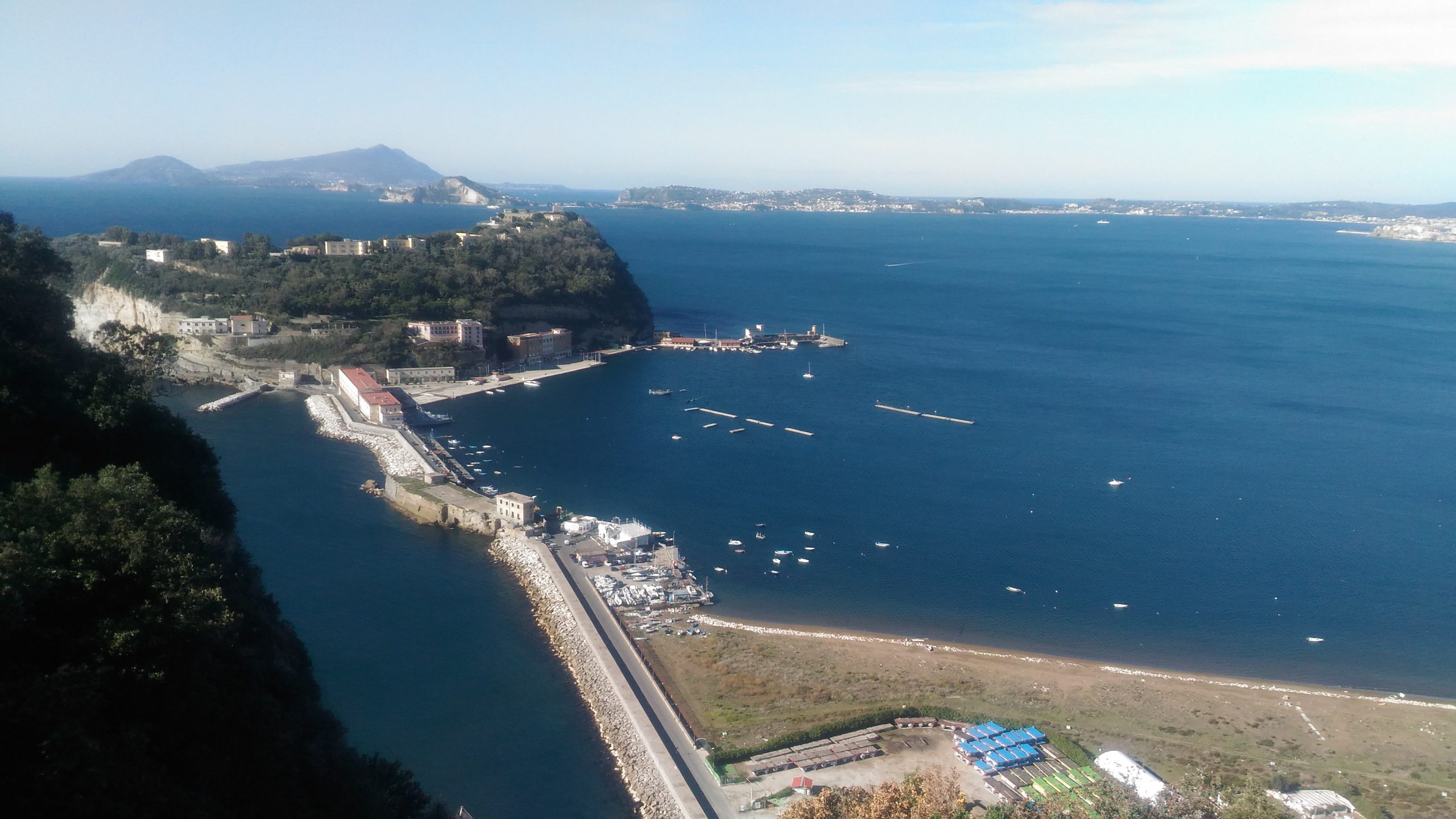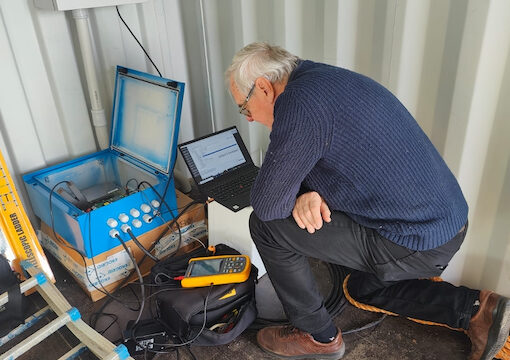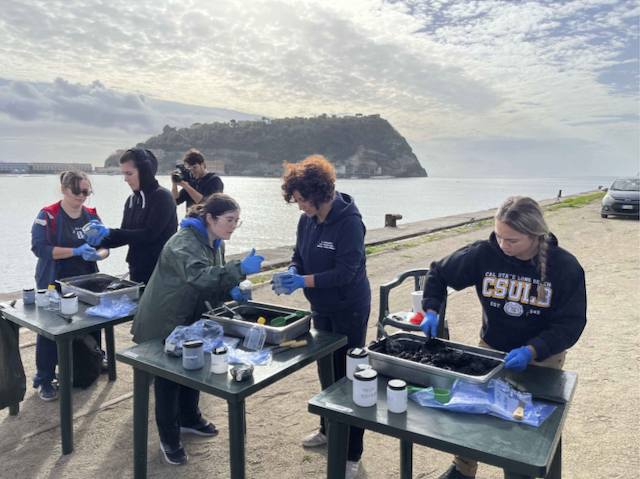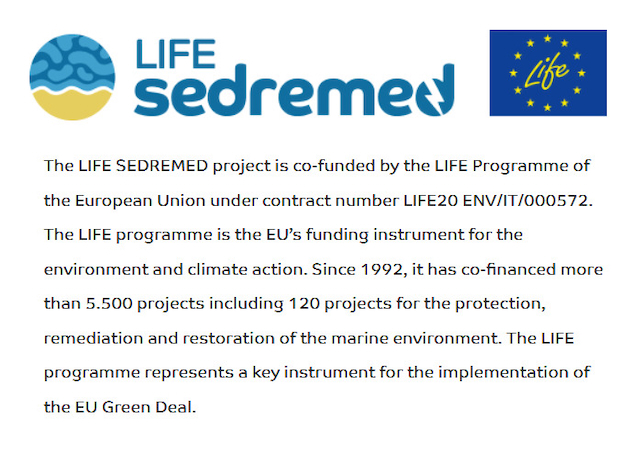
EKOGRID Oy as a member of LIFE SEDREMED research program has applied EKOGRIDTM Technology to marine sediment site in Bagnoli Bay, Naples, in order to demonstrate the remediation effect of Electrokinetics together with microorganisms in contaminated marine sediments.
Naples, 25 January 2024 – experimentation has begun for the innovative remediation of contaminated sediments in the National Site of Interest (SIN) located in the former industrial area of Bagnoli. The Anton Dohrn Zoological Station, the coordinating body of the LIFE – SEDREMED project, together with other project partners, has completed the installation of technologies in the designated experimental area after more than a year of preliminary studies and planning.
The experimentation is based on the combined use of microorganisms and low-voltage electric current to reduce the concentration of toxic contaminants in marine sediments, indeed one of the most complex elements in the remediation of former industrial sites. The area of interest, near the south pier, has seen the installation of an electrode system provided by the Finnish company Ekogrid OY, and encapsulated microorganisms developed by the Belgian company Idrabel Environmental Biotechnologies.
By the end of February, the first of three samplings for the monitoring plan developed by the Polytechnic University of Marche and the German company Isodetect is scheduled. These analyses will allow monitoring the variations in concentrations of present contaminants such as hydrocarbons, heavy metals, and dioxins.
The positive outcome of this experimentation could lay the groundwork for expanding this innovative in situ approach and applying it on a large scale, determining low environmental impact and significant cost reduction, limiting the need for burdensome interventions like dredging, which involve the extraction, transport, and ex situ decontamination of contaminated sediments.
In recent months, the project partners have disseminated the work done so far by participating in four prestigious international conferences: SedNet (Lisbon), Acquaconsoil (Prague), Pollutech (Lyon), and Ecomondo (Rimini). Specifically, at Ecomondo, Dr. Pietro Tedesco of the Zoological Station and Dr. Raffaele Vaccaro of Nisida Environment presented details of the development activities in the laboratory, solutions to the technical difficulties of operating at sea, and necessary legislative developments to obtain a national and European regulatory framework that defines and facilitates marine remediation interventions.


